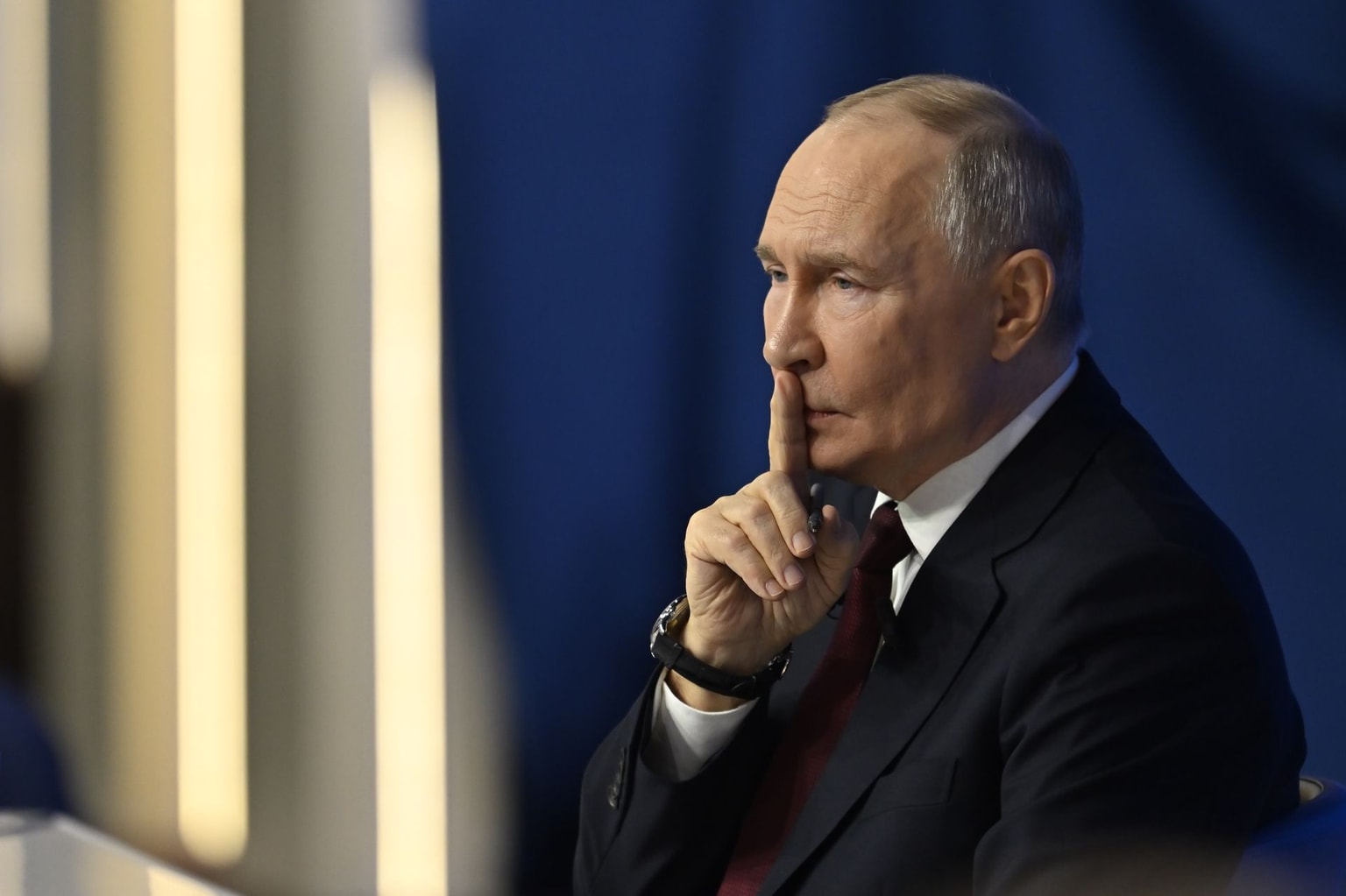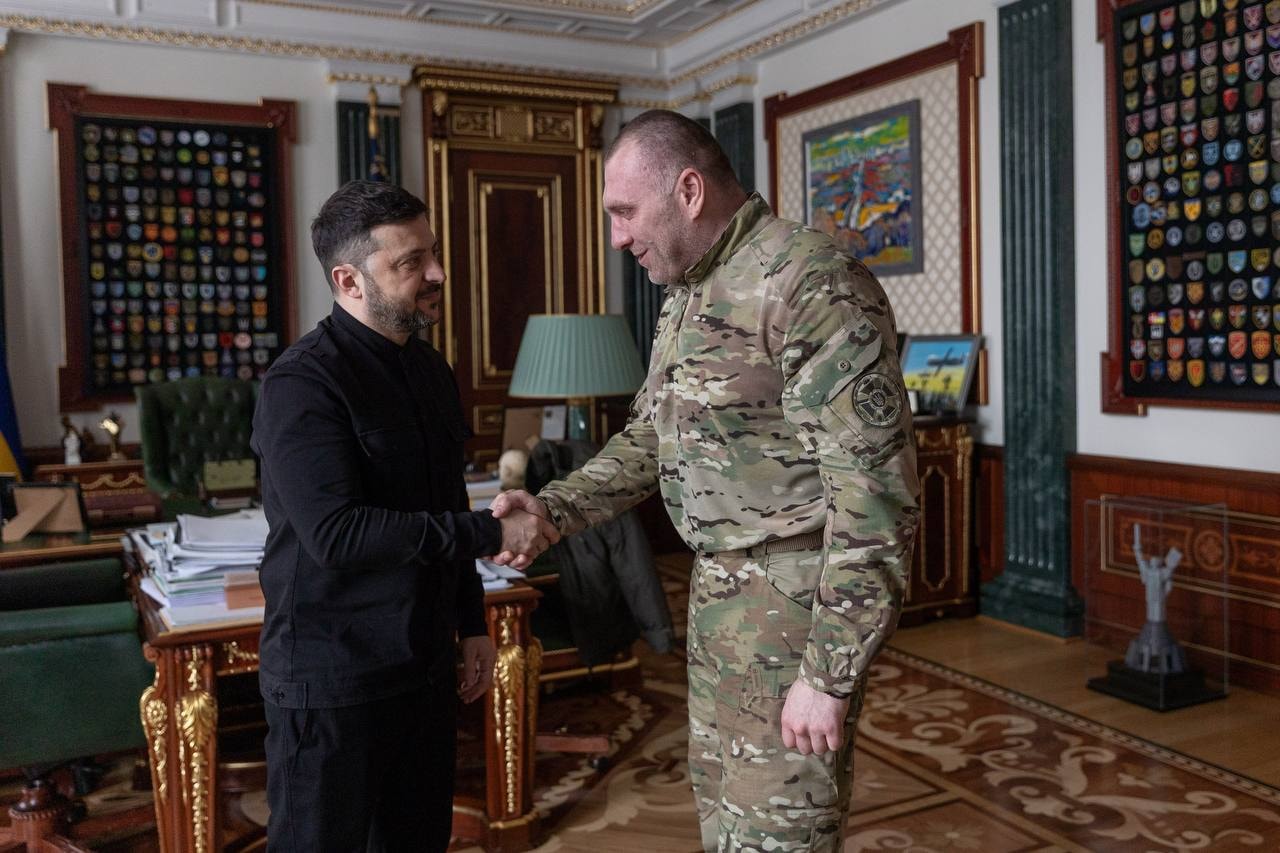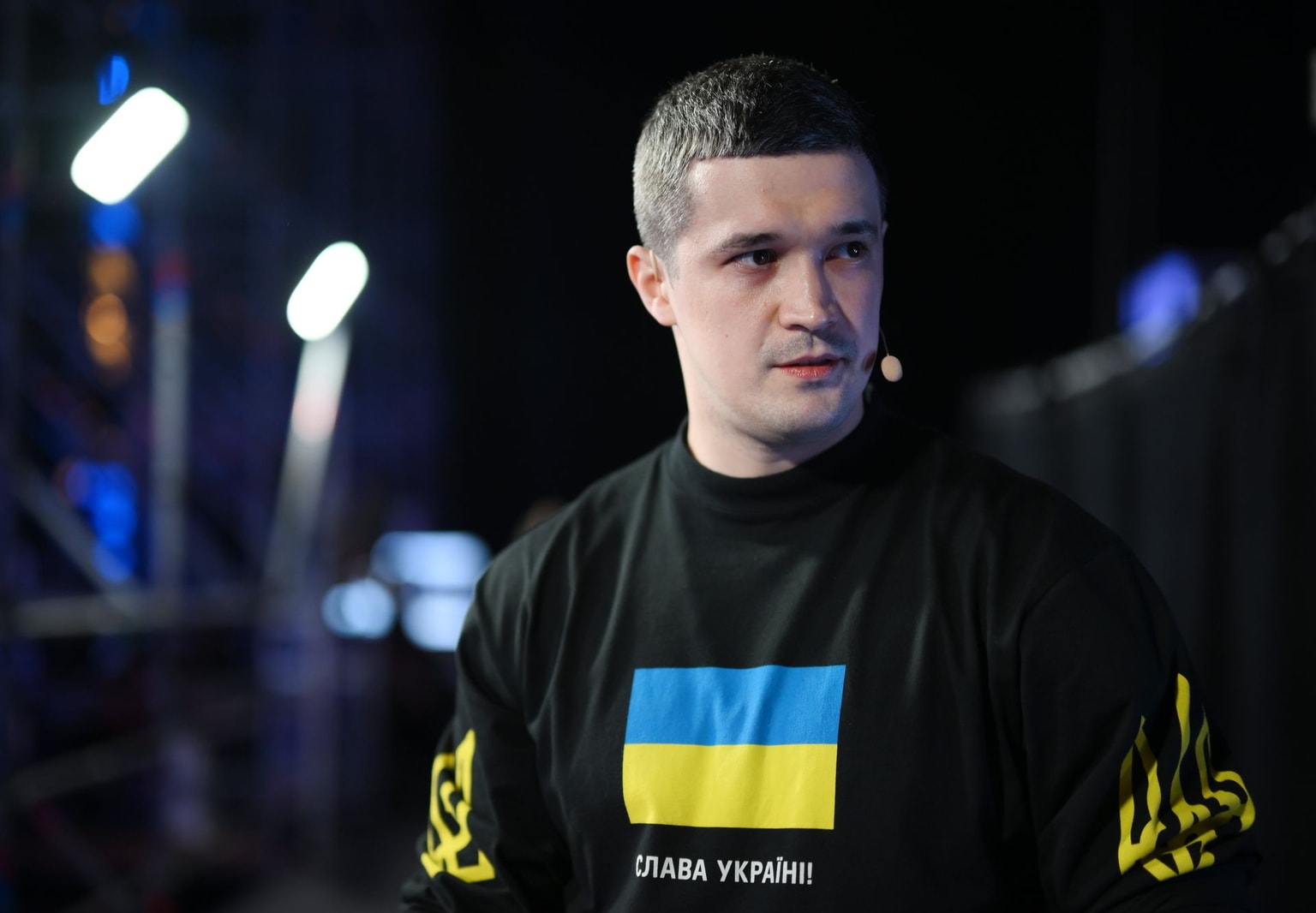NATO Secretary-General Jens Stoltenberg announced on Sept. 29 that the military alliance had approved additional peacekeeping forces in Kosovo after unrest along the Kosovo-Serbia border that left four people dead.
"We call on all parties to urgently de-escalate. We continue to urge Belgrade and Pristina to engage in the EU-facilitated dialogue as the only way to resolve outstanding issues and reach solutions that respect the rights of all communities. This is key for lasting security in Kosovo and stability in the region," Stoltenberg said.
About 30 masked men shot at a police patrol in the village of Banjska in northern Kosovo earlier this week. They stormed the gates of a Serbian Orthodox monastery, trapping priests and religious pilgrims inside. A 12-hour shootout occurred, resulting in the deaths of one Kosovo police officer and three Serb gunmen.
Kosovo's Prime Minister Albin Kurti welcomed NATO's decision and told the Associated Press that Serbia wants to destabilize the region with the help of Russia.
"These people want to turn back time," Kurti said, as quoted by AP. "They are in search of a time machine. They want to turn the clock back by 30 years. But that is not going to happen."
“We need NATO because the border with Serbia is very long, and the Serbian army has been recently strengthening its capacities, and they have a lot of military equipment from both the Russian Federation and China,” Kurti added.
Serbia has a history of close ties with Russia and has attempted to remain neutral in Russia's all-out war against Ukraine.
Kosovo declared independence from Serbia in 2008, but Belgrade has refused to recognize the country's sovereignty. The Kosovo War of 1998-1999 left more than an estimated 13,000 people dead.
The press service of Russia's Foreign Affairs Ministry repeatedly refers to Kosovo as a "project" of the U.S. and the EU, effectively denying its sovereignty as well.
The NATO-led KFOR (Kosovo Force), which is meant to implement peacekeeping measures until the country's military becomes self-sufficient, has been in place since 1999.









